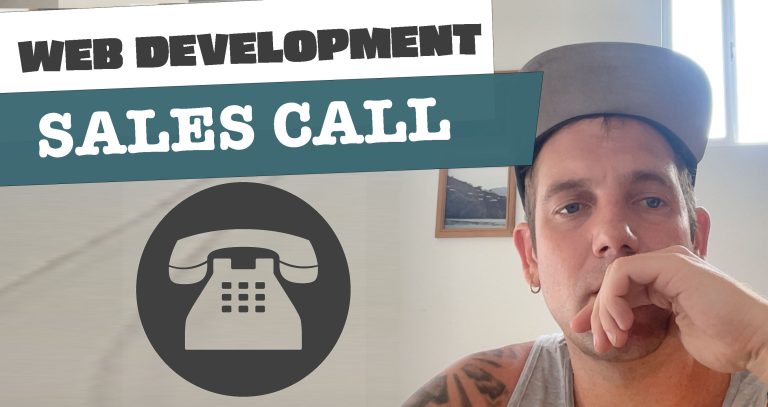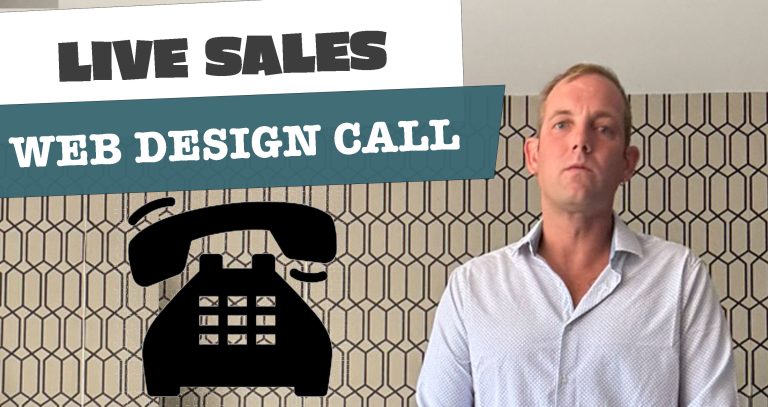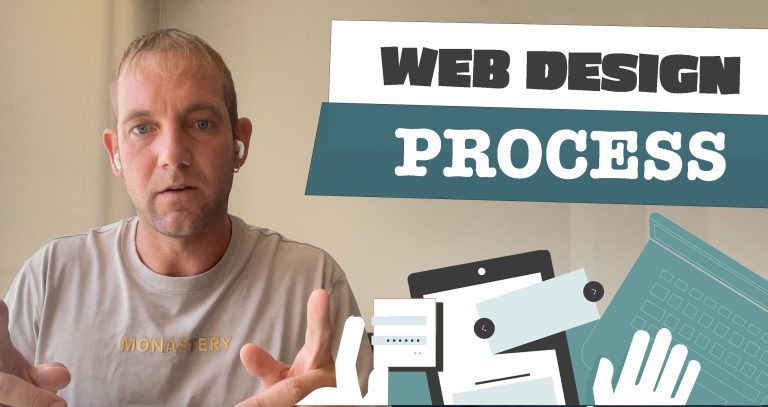Maintaining and updating your website is important for any modern business. Here are several reasons and tips on why you should be updating your website with caution.
Potential for Errors: Updates often involve making changes to your website’s code, design, or functionality. These changes can introduce errors or conflicts that may cause your website to break or not function as intended. By proceeding with caution, you can minimize the chances of such issues.
Compatibility Issues: Updates can include new features, security patches, or bug fixes. However, they may also introduce changes that are not fully compatible with your existing website setup, such as plugins, themes, or custom code. Taking precautions allows you to assess compatibility and ensure a smooth transition.
Impact on User Experience: Major updates or design changes can affect the overall user experience of your website. Carefully planning and testing updates beforehand can help you avoid potential disruptions to your visitors, ensuring that they can navigate and interact with your site seamlessly.
SEO Considerations: Updates to your website can impact its search engine optimization (SEO) performance. For example, changes to URLs, page structure, or content organization might require redirects or other optimizations to maintain search rankings. Taking caution during updates helps you mitigate any negative impact on your website’s visibility in search engine results.
Data Loss: If you’re making substantial changes to your website’s content or structure, there’s a risk of data loss if you’re not careful. Backing up your website before performing updates and following best practices for data management can help prevent the loss of important information.
Downtime and Accessibility: Updates, particularly major ones, can require temporary downtime for your website. Informing your visitors about scheduled maintenance and minimizing the duration of downtime is essential to ensure accessibility and minimize any negative impact on your website’s reputation.
To mitigate these risks, it’s advisable to create a staging environment where you can test updates before deploying them to your live website. Additionally, keeping your website’s software, themes, and plugins up to date on a regular basis can help minimize the scope and complexity of updates, making them less prone to issues.





















